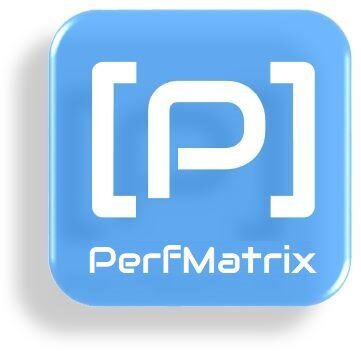Q. 36 How do you identify the performance bottlenecks?
Ans: The Performance Bottlenecks can be detected by using monitoring and profiling tools. These tools monitor the application server, web server, database server and network. These tools help in finding the troubled area during the test which causes an increase in response time, server failure etc.
Q. 37 What would be your recommendation to improve performance measures?
Ans: Performance improvement recommendation always depends on the nature of the bottleneck. If there is any network-related issue then you can recommend to optimize the latency and appropriate bandwidth of the network. At the database level, verify all indexes and sequences by running the integrated profilers. You may also recommend to optimize the database queries if DB takes more than the expected response time. At the App server level, run profilers to find the memory leaks in the application. At the web server level, you can use monitors and optimize the js, CSS and image files which takes a longer time.
Q. 38 How does cache impact load testing results?
Ans: Caching has both positive as well as a negative impacts on the load test result. A cache is a temporary memory which stores the browsing history. When the user visits a page for the first time cache data are stored in the browser cache memory and when the user hits the same page the second time, the cached data loaded from cache memory i.e. do not come from the server, hence the time required to load the page will be less than that required to load the page for the first visit since much of the information required to load the page is grabbed from the cache instead of the server.
Positive Effect: If you are testing an application having all the unique users then disable the cache using the VuGen runtime setting.
Negative Effect: If the application has the same set of users then you have to simulate the caching behaviour of the browser. You can enable the cache setting in the VuGen runtime setting.
To get more information about the browser simulation of LoadRunner, click here and for JMeter click here.
Q. 39 What is performance tuning?
Ans: Performance tuning is a mechanism to improve system performance. When a system/application performs as per expectation then that system/application is called a tuned system or application.
Q. 40 Who does application tuning after load testing?
Ans: The application Developer can tune the application. If a performance engineer has good knowledge of application then he can provide his suggestion. Sometimes performance engineer has the sole responsibility to recommend how to optimise the performance of the application.

